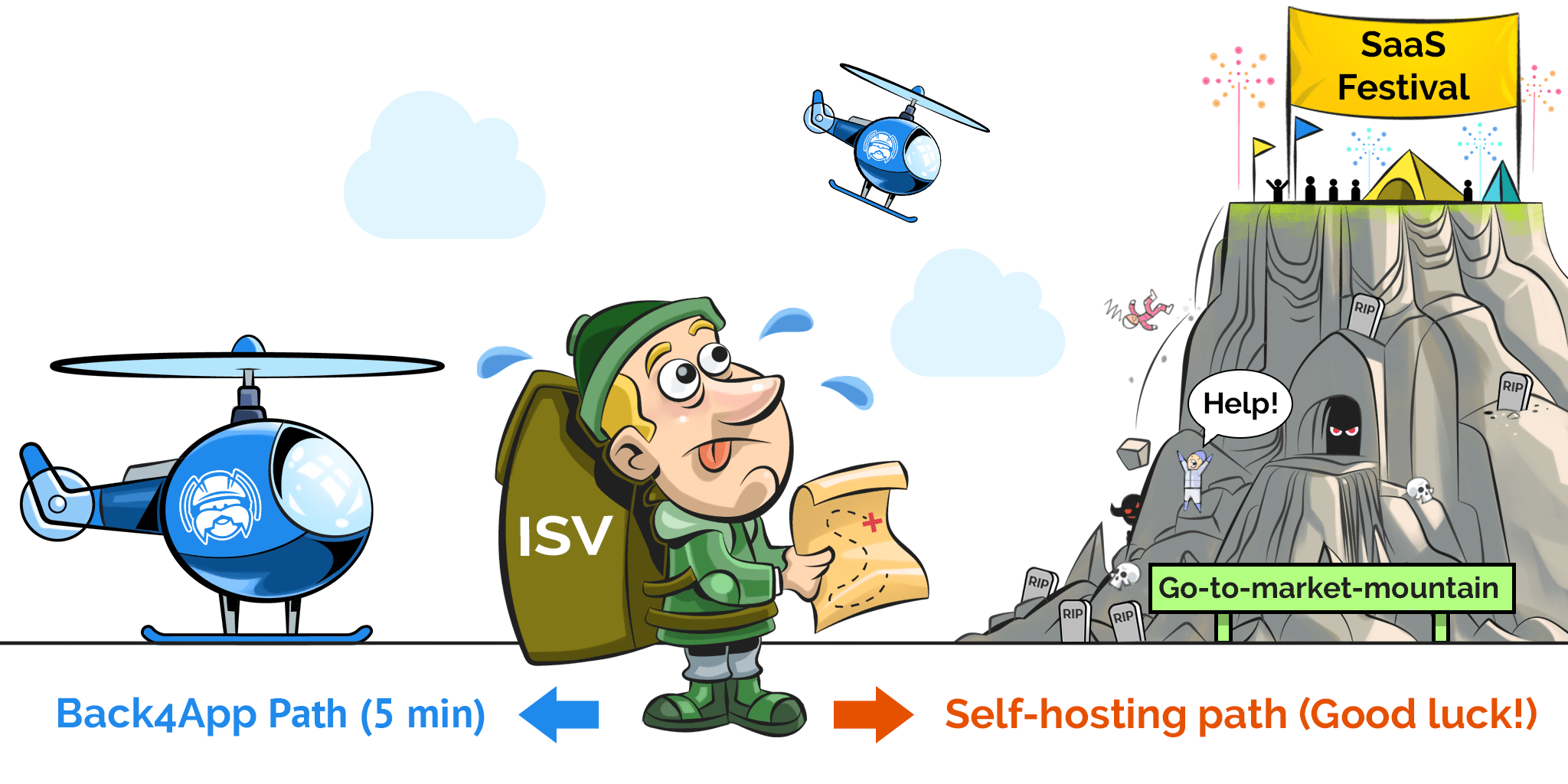A SaaS company delivers value to its customers through its platform. When a founder decides to start a startup he’s well aware of the fact that he’ll need to invest time in two big activities: talking to prospects and building consumer-focused products. That’s the path to reach the product-market-fit. For SaaS startups, the second task frequently is where they(and all his team) will need to invest more time and effort. On the other hand, software vendors who are already selling applications on-premises and wishing to move to a SaaS/recurring revenue model will need to invest a lot in platform development.




